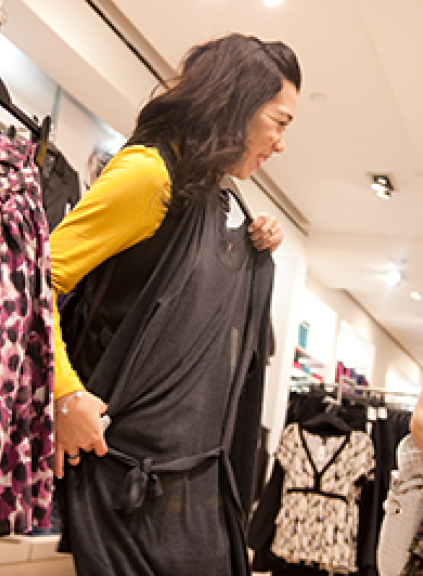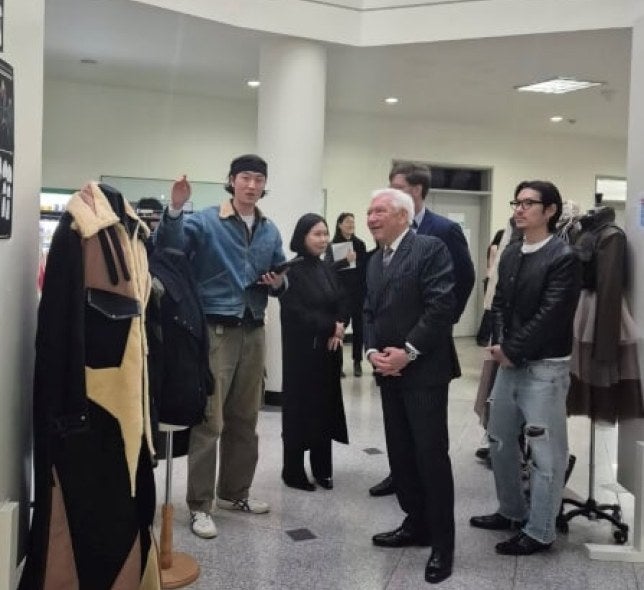They also patronize all types of “brick and mortar” retail destinations—department, specialty/fast fashion, neighborhood and outlet stores—more frequently and are spending more on fashion than Millennials spend.
Professor Robert Conrad and Dr. Kenneth Kambara’s latest study, Millennials and Gen Z: What Now and What Next? surveyed 450 people aged 15 to 38.
When asked, “If you were given a $1,000 gift certificate and were to spend it on one product or service category, which would it be?”, 40% of the Gen Z respondents said they would buy apparel and accessories. This compares to just 23% of Millennials.
In addition, nearly 60% of the Gen Z’ers surveyed update their fashion and apparel wardrobe monthly or less frequently. This compares to 44% among the Millennials responding. For both groups, price is the number one purchase driver.
Aside from fundamental differences between the two generations in where they shop and what they would purchase, the Gen Z and Millennials respondents feel similarly about what they value, who they trust, their professional lives, and preferred modes of communication.
Professor Conrad said, “Our research reveals an unexpected fundamental difference between Gen Z and Millennials. Gen Z seems to be more drawn to ‘things’ than the Millennials are and they are keen to buy apparel and fashion accessories for themselves. This bodes well for the fashion industry.”
“Equally encouraging for the fashion industry is that Gen Z likes to shop in ‘brick and mortar’ stores. There are several reasons. The younger members of Gen Z may not have credit cards to purchase online. They also want instant gratification. Yet the main reason is that they enjoy visiting the malls, seeing people, socializing and being with their friends,” Professor Conrad concluded.
According to Dr. Kambara, “Over the last few years, Millennials have been craving experiences over things. The retail industry has responded and, as a result, the best malls and stores have transformed themselves into destinations with contests, events, entertainment, and more choices for food and shopping.”
Dr. Kambara continued, “So, the brick and mortar portion of the retail industry has been able to evolve at the right time to meet the desires of Gen Z shoppers. Or, the Gen Z shoppers got the message about the change in stores and malls and like what they see. Either way, we believe that Gen Z wanting to buy apparel and accessories for themselves at the right prices in an experiential shopping environment represents an exciting new chapter in the great American retail story.”



